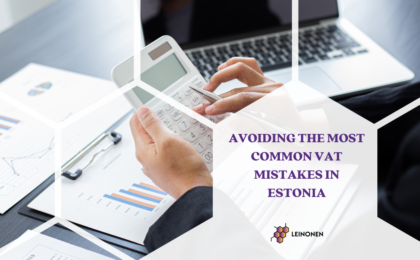Now, an obligee may demand a penalty for late payment from an obligor at the rate specified in § 94 of the Law of Obligations Act plus 8% per year in case of a delay in payment. The rate of penalty for late payment increased by 1%; it was 7% per year earlier. The change aims at motivating an obligor to fulfil the obligation faster due to a higher interest.
Previously, if the parties had not agreed on a particular rate of penalty for late payment in the contract, an obligee was allowed to demand from an obligor the latest interest rate applicable to the main refinancing operations of the European Central Bank, plus 7% per year on the outstanding amount.
The most important change is in subsections 9 and 10, according to which an obligor who is engaged in economic or professional activities may not relay on an agreement that restricts or precludes the right to claim the above mentioned penalty for late payment, if this agreement is grossly unfair with regard to the obligee.
The new version of § 113 does not allow an agreement in which the persons specified in subsection 10 of the Public Procurement Act are obliged to pay a penalty for late payment at a rate lower than the new rate provided for in the act.
A completely new provision in the Law of Obligations Act is an obligee`s right to require an obligor to pay compensation for collection costs in the amount of 40 euros (§ 1131 of the Law of Obligations Act). What is important in this change is that the collector does not have a direct burden of proof in incurring this cost.
If the collection costs exceed this sum, the obligee may claim compensation for the damage that exceeds the imposed compensation. The new provision makes void any agreement which precludes or restricts the right to claim compensation for collection costs below the minimum 40 euros laid down in the law.



